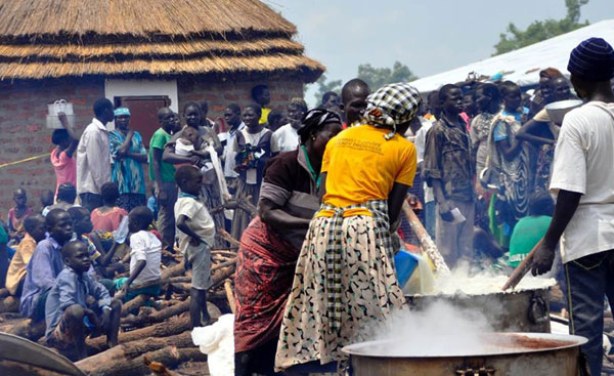×
The Standard e-Paper
Fearless, Trusted News

A U.N. investigation of its widely-praised refugee program in Uganda has found corruption costing millions of dollars and misconduct.
The report by the Office of Internal Oversight Services (OIOS) showed inflated bills, fraud and non-compliance with rules among other malfeasance that caused losses for the U.N. refugee agency.